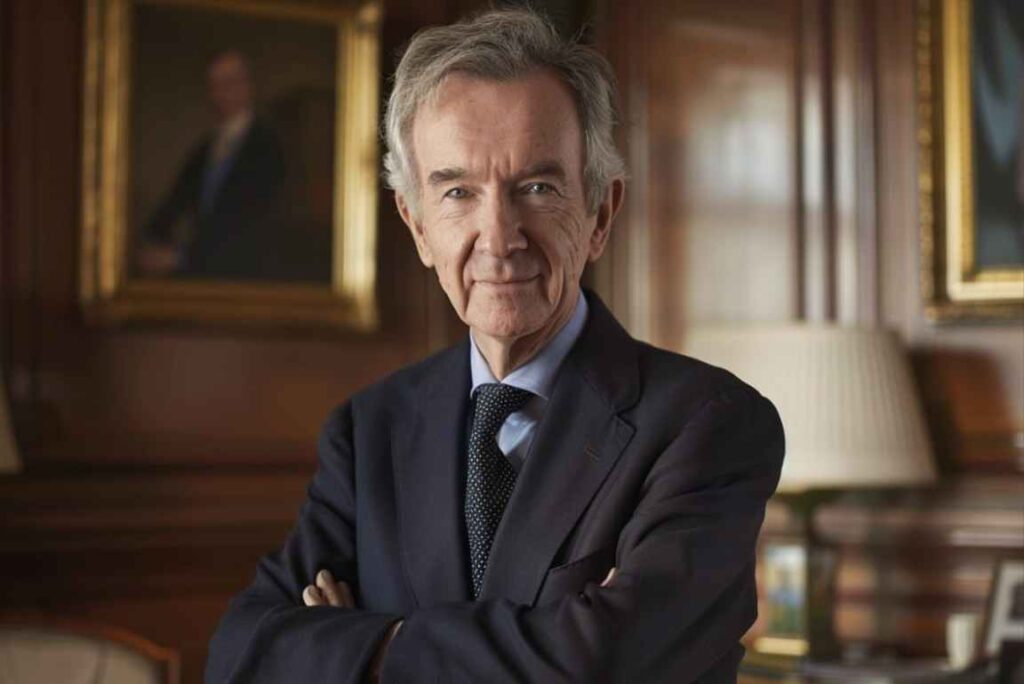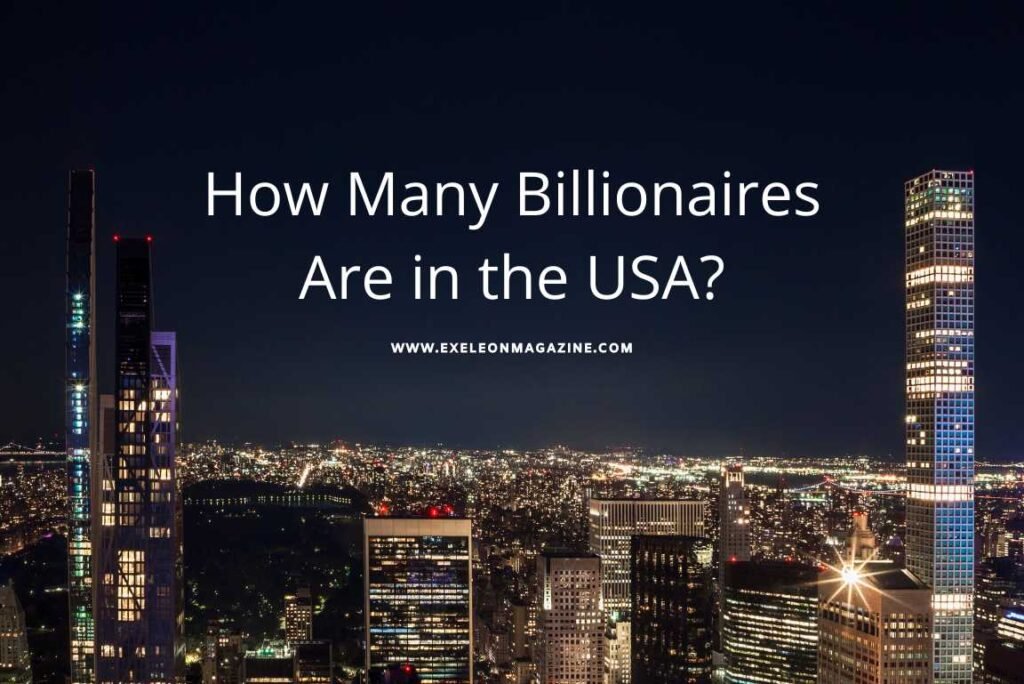The United States, renowned for its vibrant capitalist economy and substantial middle-class market, is a hotbed for billionaires for years. According to the latest data by Harun Global Rich List 2024, the USA is home to 800 billionaires.
This figure underscores the country’s dominant position in the global wealth spectrum, as it hosts 9 of the top 10 richest people worldwide. The exception being Bernard Arnault of France, who tops the global rich list due to the remarkable performance of his luxury goods empire, LVMH.

Global Context
Globally, there are 3,279 billionaires, marking a 5% increase from the previous year, as per The Hurun Global Rich List 2024. This rise reflects the ongoing expansion of wealth at the highest echelons. The US contributes significantly to this number, showcasing its role as a leading hub of wealth and entrepreneurship.
Why the USA Has So Many Billionaires?
Several factors contribute to the high number of billionaires in the US:
- Economic Structure: The US has the largest middle-class market globally, offering vast opportunities for businesses to scale. Additionally, as the world’s largest capitalist economy, it provides an environment conducive to wealth creation and accumulation.
- Wealth Growth: The 2024 USA Wealth Report highlights that over 5.5 million Americans now have liquid assets exceeding $1 million, a 62% increase over the past decade and well above the global growth rate of 38%.
- Millionaire Growth Rate: The past five years have seen a 35% increase in the US millionaire population, nearly twice the rate observed in China. The USA is now home to 37% of the world’s millionaires.
- Public Sentiment: A Harris Poll survey reveals that 44% of US adults believe they have the tools to become billionaires, with many leveraging speculative investments such as cryptocurrencies.

Wealth Accumulation and Entrepreneurship
The US sees a significant yearly addition to its billionaire count, with the latest Hurun Global Rich List adding 132 new American billionaires. Key sectors fostering this wealth include Financial Services, Media & Entertainment, and Software & Services. The average age of these billionaires is 67, illustrating a blend of experience and innovation at the helm of wealth creation.
The Shift in Global Wealth
Despite its strong position, the USA recently lost its status as the country with the most billionaires to China. This shift is largely due to China’s economic liberalization and high growth rates. However, North America still leads in terms of ultra-high-net-worth individuals, those worth over fifty million U.S. dollars.
Gender Disparity and Wealth Distribution
The USA billionaire community remains predominantly male, reflecting broader global economic disparities. The conversation around wealth distribution is intensifying, with increasing scrutiny over the concentration of wealth in the hands of a few.
Billionaire Density by US State
A recent study by The Digital Project Manager pinpointed the top US states where one is most likely to encounter a billionaire. Wyoming leads with the highest number of billionaires per capita, followed by Hawaii and Nevada. These findings are fascinating as they illustrate the geographical diversity of wealth in the US, transcending beyond the conventional financial centers like New York and California.
- Wyoming: Known for figures like John Mars of Mars, Incorporated, and Christy Walton of Walmart.
- Hawaii: Hosts billionaires like Larry Ellison of Oracle, highlighting the state’s allure to top-tier wealth.
- Nevada and Beyond: Home to tech entrepreneurs like David Duffield and notable figures in traditional industries such as Harold Hamm in Oklahoma.
Conclusion
The landscape of American billionaires is a testament to the United States’ robust economic framework and its capacity to nurture and sustain immense wealth.
While the US continues to be a leading force in global wealth, the rise of other economies and the evolving global economic dynamics pose new challenges and opportunities for wealth creation and distribution. As the number of billionaires grows, so does the dialogue on economic equality and the responsibilities of wealth.










